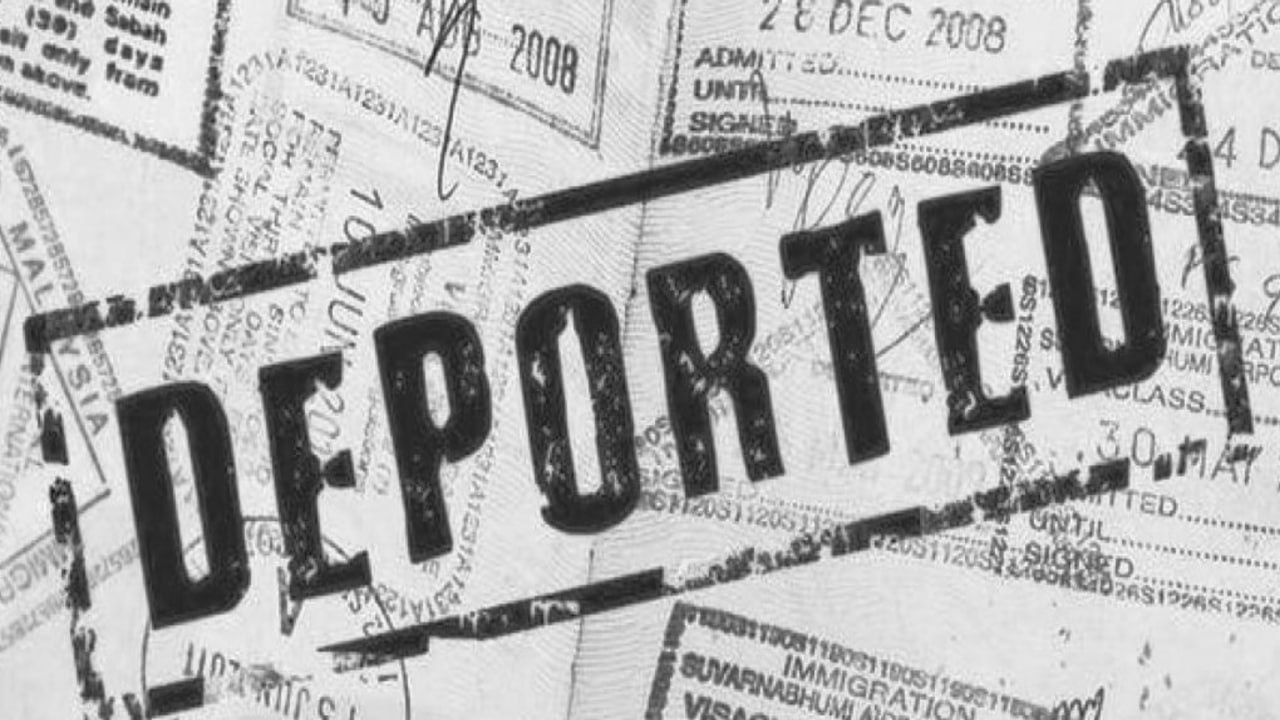Deportation Regime for Migrants
What is the deportation regime?
The deportation regime is a special legal framework applied to foreign citizens residing in Russia without legal grounds. It came into effect on February 5, 2025, and is aimed at regulating their stay, encouraging voluntary departure from the country, or obtaining legal status.
Who is affected by the regime?
Foreign citizens fall under the deportation regime in the following cases:
- after the expiration of documents permitting residence in the Russian Federation;
- when illegal border crossing into Russia is detected;
- when accepted under readmission procedures without legal grounds for residence in Russia;
- after the annulment of residence or stay documents;
- upon refusal to consider an asylum application or deprivation of refugee or temporary protection status;
- after being issued an administrative expulsion, deportation, or similar measure;
- after exceeding 72 hours of stay aboard a cruise ship or ferry;
- following the termination of Russian citizenship without other legal grounds for residence;
- after a conviction by a court becomes final.

What restrictions does the regime impose?
Foreigners subject to the deportation regime face several restrictions affecting their rights and freedoms, including prohibitions on:
- changing their place of residence without permission;
- purchasing or registering real estate and vehicles;
- entering into marriage;
- opening bank accounts or conducting certain financial operations;
- establishing legal entities or registering as entrepreneurs.
These measures aim to limit opportunities for illegal stay and employment in Russia.
How does the regime work?
The deportation regime begins once information about a foreign citizen is entered into the special registry of controlled persons — a database tracking foreigners residing in Russia without legal grounds. The regime remains in effect until the person is removed from the registry, for instance, upon departure from Russia or acquisition of legal status.

A foreign citizen is removed from the registry in the following cases:
- departure from the Russian Federation;
- obtaining legal grounds for residence in Russia;
- cancellation of the decision that served as the basis for applying the regime;
- court recognition of the decision as unlawful;
- death or legal declaration of death.
If the individual repeatedly violates the established restrictions, authorities may decide to deport them and place them in a special detention facility.
Rights and obligations of persons under the deportation regime
A foreign citizen subject to the deportation regime has the right to:
- receive from the Ministry of Internal Affairs (MVD) information regarding the grounds for applying the regime, as long as its disclosure is not prohibited;
- review the control measures taken against them;
- appeal the decisions made in connection with the deportation regime.
A foreign citizen under the deportation regime is obliged to:
- appear at the designated location within the prescribed period if served with a summons;
- comply with all legal requirements, prohibitions, and restrictions in a timely manner;
- inform the MVD:
- of their current location, including by sending a geotagged photograph if personal appearance is not possible;
- of any circumstances preventing timely departure from Russia;
- of changes in residence without permission in cases of force majeure;
- of the planned date, location, and route of voluntary departure from Russia.
Consequences for families
If a minor foreign child is deemed undesirable for residence, this status automatically extends to their parents or legal guardians.
How to avoid the deportation regime?
To avoid being placed under the deportation regime, it is important to:
- renew residence documents on time;
- follow all migration regulations;
- refrain from violating established restrictions.

Following these rules helps avoid legal complications and potential deportation.
Source: